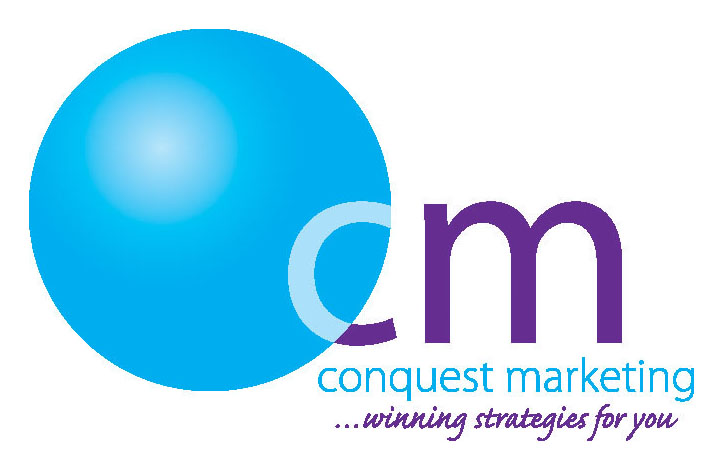 |
| Sonja's latest e-book, buy a copy now! |
Here's six ways that you can start now:
1) Build your USP (Unique Selling Point). What is it that you do that sets you apart in your field? Do you need to create your category within your field and become a specialist? Your USP leads to your customer value proposition - the reason why your customer will take the sale!
2) Build your basic credibility indicators. This can be the way you present yourself, your company or personal branding, your communication style and responses. Keep your website up to date, and deliver when you say you will.
3) Become a writer. The written word is prolific these days, on the multiple media platforms that exist. Put together newsletters and e-books that will assist your customers to be more successful in their business.
4) Use blogs and social media. Keep your customers up to date on your activities via a blog and other social media like Facebook and Twitter and LinkedIN. These resources are cheap and are fast becoming the barometer to measure a company's exposure and availability. And of course, credibility.
5) Network. It's an oldie but a goodie. And it never fails. Nobody can sell your business better than you. So get out there and meet as many people as you can, shake hands, exchange cards and ask open questions. Network on social media sites as well - comment on blogs, make friends on Facebook and give your clients tips and tricks on Twitter.
6) Circuit branding. You've got some great skills and advice to give others both from within your industry and outside. Get up and speak about it. Look for speaking opportunities at networking functions, small business symposiums, NFP events. Spread the word by having others speak about you.
Sonja's book can be purchased by visiting www.sonjafalvo.com.
You can also find out more about Sonja's body transformation expertise by visiting www.realbody.com
Thanks Sonja, we've loved having you with us today!
